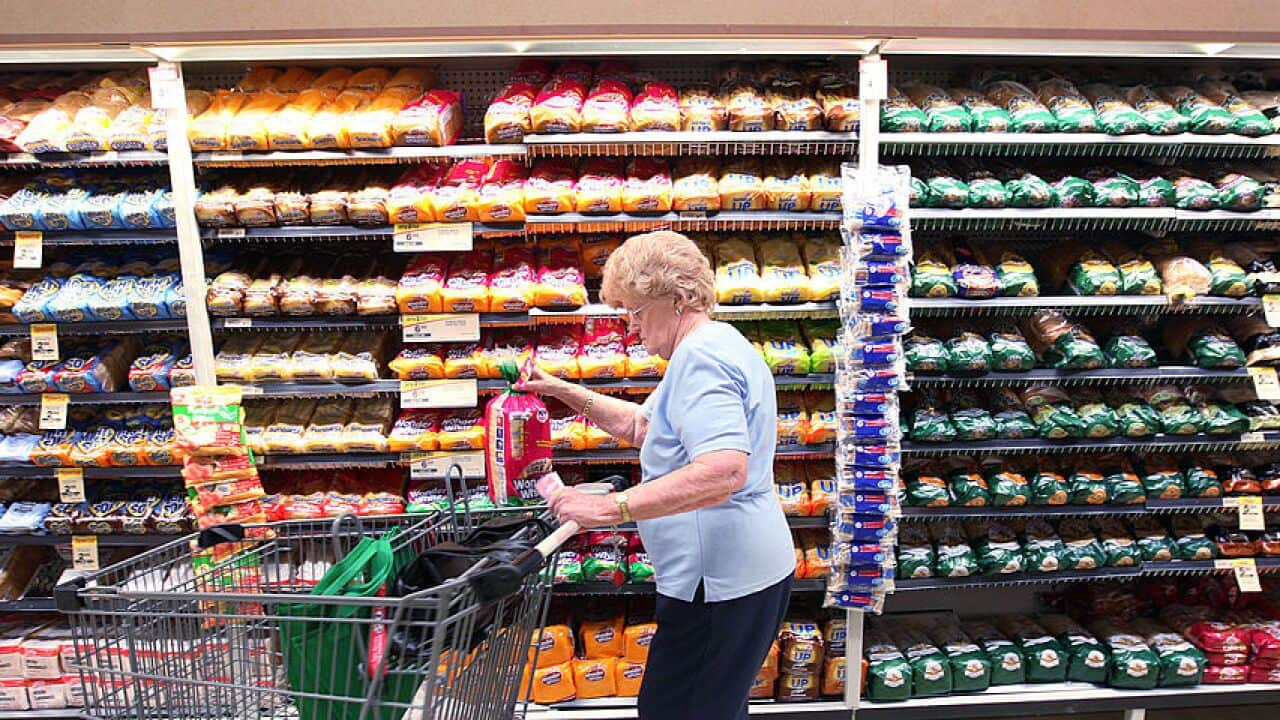One of the reasons why the Reserve Bank of Australia is not following other global central banks in lifting official interest rates is because inflation is too low.
That means prices are not growing fast enough.
The RBA wants the consumer price index (CPI) to grow between two and three percent, a level at which it says supports the right balance for economic growth.
If prices fall then consumers hold off on buying goods and services because they expect prices to fall further.
However, if prices rise by too much and too fast, consumers will not be able to afford to buy products and that is not good either.
Wednesday's official inflation report showed both the annual headline and underlying rates of inflation rose 1.9 percent.
The underlying rate is the one the RBA looks at more closely because it strips out one-off variables which may distort the read.

At 1.9 per cent, it is below the RBA's target, which means it is unlikely to be lifting official interest rates anytime soon.
So if inflation is soft, why do many consumers feel like costs are rising?
The reality is while some prices are going up, others are falling.
In the December quarter, petrol rose the most by 10.4 per cent as the price of oil increased.
Fruit prices grew by 9.3 per cent, a rise in the excise tax impacted tobacco prices, and domestic holidays and accommodation were more expensive.
On the flip side, prices for things like televisions and computers declined by 3.5 per cent, overseas holidays are cheaper as too are telecommunication products and services like mobile phones.
So those items which you buy more frequently, like food and petrol, are rising in price, so you're noticing it more.
But expensive items which you buy less frequently, like televisions, whitegoods, mobiles and even cars, are falling in price, but the savings on them are large in comparison to small, frequently bought goods.
We're also feeling like we're being squeezed because wages are sluggish, and are only just keeping up with inflation.
